Budget Wrap 2021/22
The Federal Government has labelled this a “jobs” budget. As we all know, that’s code for enticing business owners to hire more staff to get the economy moving again.
We’ve tried to pull out what we think you might be interested in and here’s our breakdown.
Business
Extension of Company Loss Carry-Back and Temporary Full Expensing
Temporary full expensing will be extended for a further 12 months to 30 June 2023. The cost of eligible depreciable assets acquired from 7:30pm (AEDT) on 6 October 2020 and first used or installed ready for use by 30 June 2023 can be deducted in full for businesses with turnover of up to $5 billion.
The company loss carry-back measures will be extended to 30 June 2023 and will enable corporate tax entities with an aggregated turnover of less than $5 billion to carry-back tax losses generated in the 2022-2023 income year to offset previously taxed profits in the 2018-19 or later income years.
Apprentice Wage Subsidy
The Boosting Apprenticeship Commencements wage subsidy is being expanded. The number of eligible places will be uncapped and the duration the 50 percent wage subsidy applies is increasing to 12 months from the date an apprentice or trainee commences with their employer. Businesses of any size can claim this subsidy for new apprentices or trainees that commence from 5 October 2020 to 31 March 2022, with the subsidy capped at $7,000 per quarter per apprentice or trainee.
Personal
Personal Income Tax Offsets and Cuts
The Low and Middle Income Tax Offset of up to $1,080, originally scheduled to cease in 2020-21, will be retained for the 2021-2022 income year.
The commencement date for the 'Stage Three' personal income tax cuts (which predominantly impacts middle-to-high income earners) has not been changed in this Budget and remains as 1 July 2024.
Child Care Subsidies
From 1 July 2022, the Government will increase the Child Care Subsidy by 30 percent for those families with more than one child in child care, resulting in a maximum subsidy of 95 percent of fees paid for their second and subsequent children. The Child Care Subsidy cap of $10,560 per child per year will also be removed.
Employee Share Schemes
Employee share scheme (ESS) rules will be altered to remove 'cessation of employment' as a taxing point. This will apply to new ESS interests granted from the first income tax year after the date the legislation is enacted.
There is also a reduction of red tape for ESS. Where employers charge or lend to employees receiving an ESS interest up to the $30,000 per employee per year, the regulatory requirements for unlisted companies will be streamlined. For those employers that do not charge or lend, the regulatory requirements will be removed.
Self Education Expenses
Currently, the first $250 of a prescribed education expense is excluded from being tax-deductible. This exclusion will be removed with effect from the first income year after the date the legislation is enacted and is intended to reduce the compliance costs for individuals claiming self-education expenses.
Superannuation
Removing the $450 per month threshold for superannuation guarantee eligibility
The Government will remove the current $450 per month minimum income threshold, under which employers are not required to pay superannuation guarantee for employees.
Flexible Super - Repealing the Work Test for Voluntary Superannuation Contributions
The Government will allow individuals aged 67 to 74 years (inclusive) to make or receive non-concessional (including under the bring-forward rule) or salary sacrifice superannuation contributions without meeting the work test, subject to existing contribution caps.
Flexible Super - Reducing the eligibility age for downsizer contributions
The Government will reduce the eligibility age to make (up to $300,000) downsizer contributions into superannuation from 65 to 60 years of age.
First Home Super Saver Scheme - Increasing the Max Releasable Amount to $50,000
The Government will increase the maximum releasable amount of voluntary concessional and non-concessional contributions under the First Home Super Saver Scheme (FHSSS) from $30,000 to $50,000.
First Home Buyer Measures
The Government has announced measures to assist first home buyers, including:
Expanding the New Home Guarantee that allows first home buyers to build a new home or purchase a newly built home with only a deposit of five percent. 10,000 additional places will be provided in 2021-22.
Increasing the maximum amount of contributions that can be released from a superannuation fund under the First Home Super Saver from $30,000 to $50,000 to assist first home buyers with raising a deposit.

